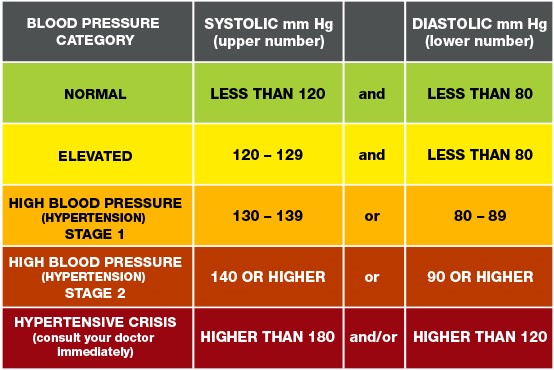- Headaches
- Nosebleeds
- Shortness of breath

Medication
The pathology behind high blood pressure is complex and involves multiple body system. Hence there are numerous classes of medication to control blood pressure targeting different pathways. Each of them has their pros and cons and your doctor will discuss them with you during the consultation. Do be aware that individuals can react to the drug differently and it is important to partner your doctor to find the best regime tailored to control your blood pressure.
Renal denervation
This is a procedural base therapy to treat resistant hypertension. It may be offered to people who has suboptimal blood pressure control despite multiple drugs or developed side effects from the medication. Renal denervation is an evolving field and your specialist may discuss with you in greater details.
FAQ
- My BP is always high in the clinic. The doctor says I have “white-coat syndrome”. What does that mean?
- Our BP does spike up when we are anxious. It is part of our fight and flight response when we anticipate an uncomfortable situation. It is always a good idea for you to take some BP measurement at home and chart it down to show your doctor what your real-life everyday BP is like in your own environment. This piece of information can be very useful in guiding your BP management.
- My BP always fluctuate up and down should I skip a dose of the BP pill when my pressure is low and take a booster when it is high?
- It is natural for our BP to fluctuates. It is meant to response to our mental and physical stress level. It is not advisable to self-titrate your own medication dose at home without first consulting your physician.
- Is it true that older people are allowed to have a higher blood pressure?
- No, in fact more mature patients are at higher risk of heart disease and stroke and therefore need tighter BP control.
- My BP is well controlled on medication and I feel fine. Is it time to cut back a bit on the drugs to avoid side effects?
- Why change a winning formula? When the drugs achieved the desired effect, cutting them back would only mean a rebound of the high blood pressure that may put your health at risk all over again.






